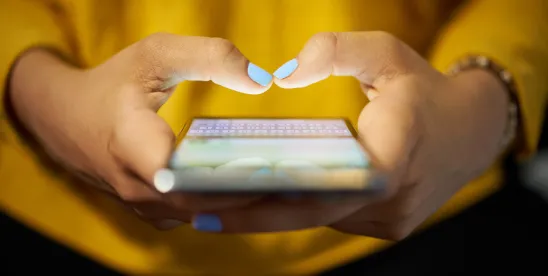Recently, the Middle District of Florida denied a motion for class certification, finding that the plaintiff had not sufficiently shown that the putative classes were ascertainable. Sliwa v. Bright House Networks, LLC & Advanced Telesolutions, Inc., No. 16-0235, 2019 WL 4744938 (M.D. Fla. Sept. 27, 2019).
In Sliwa, the plaintiff alleged that defendants had violated the TCPA by calling his cell phone without his consent using a prerecorded voice and/or an ATDS. The record established that the calls plaintiff received were intended for another customer who had provided his or her phone number to one of the defendants, but that number had subsequently been reassigned to plaintiff. Plaintiff moved for class certification seeking “to represent classes of non-customers who received autodialed or prerecorded calls on cellular telephones for which they were the subscriber after [d]efendants had documented in their records that the cellphone number was the wrong number for the customer [d]efendants were trying to reach.” Id. at *9.
The court denied plaintiff’s motion, finding that he had not provided a reliable and manageable method by which he could identify the members of the classes plaintiff sought to certify. The plaintiff’s expert had proposed that class members could be identified by cross-referencing the cell phone numbers that had been called against a list of calls that defendants had coded as both “bad phone” (“BP”) and “incorrect number-live answer.” The plaintiff’s expert then proposed to analyze the resulting list to remove “numbers based upon certain events which suggested the number was associated with a customer” and then to use telephone carrier subscriber information to determine each individual’s identity. Id. at *11. Using this process, the plaintiff’s expert concluded that defendants had called 9,406 cell phone numbers a total of 47,762 times using an ATDS after those numbers had been coded as “bad phone” and “incorrect number-live answer.”
The court, however, found that this method would not easily allow for the identification of class members without requiring significant individualized inquiries. Specifically, the court found that the “bad phone” code was applied in numerous circumstances and not just when the phone number was a “wrong number,” and as a result, “determining whether [d]efendants called a particular phone number after they ‘had already documented the number as a wrong number in their records’ would require individualized inquiries as to why each phone number was assigned a BP Code.” Id. at *11. Furthermore, the court rejected plaintiff’s suggestion that personal affidavits of each class member could confirm whether they were in fact class members, holding that this would “heighten[] rather than preclude[] the case-by-case analysis required as to each BP Code designation” and would require “significant individualized inquiries.” Id. at *12. Due to these individualized inquiries, the court held that the plaintiff did not satisfy the ascertainability requirement because there was no administratively feasible way to identify class members.
Relatedly, the court also agreed with the defendants that the predominance and superiority requirements of Rule 23(b)(3) were not satisfied because individual issues such as consent, whether a prerecorded voice actually played on a call, and standing predominated. For example, it found that “[w]hile the overarching legal claims are the same for each putative plaintiff (e.g. whether [d]efendants called the class members in violation of the TCPA) resolution of these common legal claims will ‘break[ ] down into an unmanageable variety of individual legal and factual issues.’ . . . The fact that the classes are limited to non-customers whose phone numbers were assigned a BP code does not prevent these individualized inquiries, as [d]efendants’ evidence demonstrates that a non-customer may consent to receive calls on behalf of a customer.” Id. at *20. Furthermore, because of the various uses the “bad phone” code could have, the court determined that whether a number was “wrong number” in a particular circumstance would require an individualized inquiry.
Thus, the court denied the motion for class certification, and its decision is a strong example of the challenges plaintiffs face in establishing ascertainability based upon preset call-coding systems.





 />i
/>i
